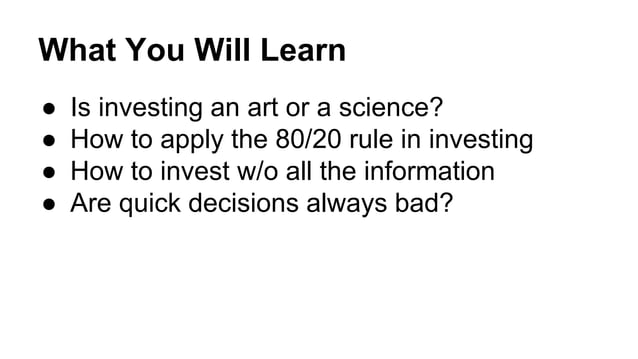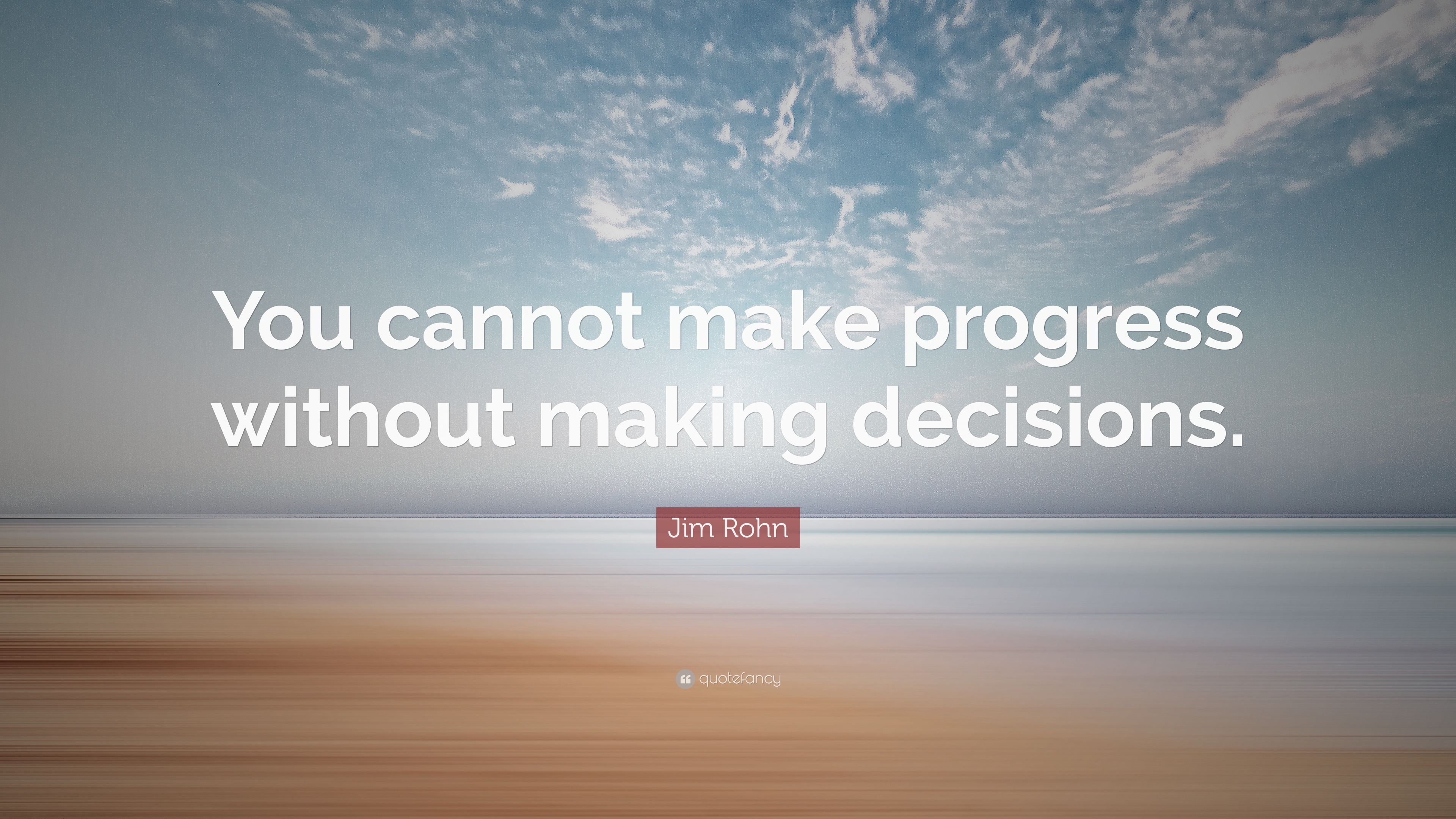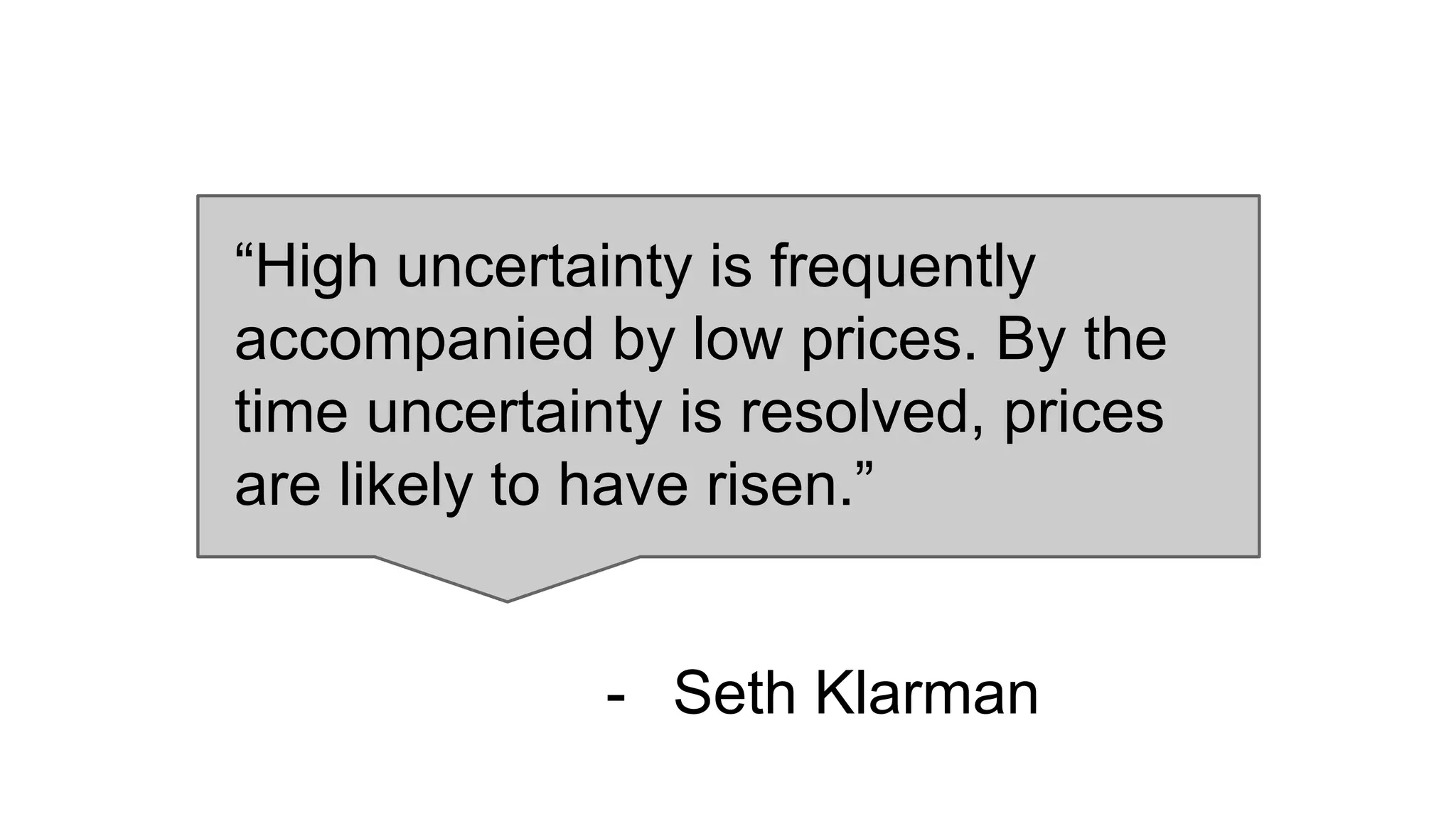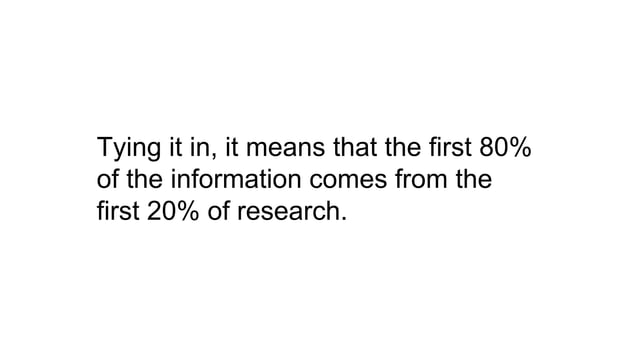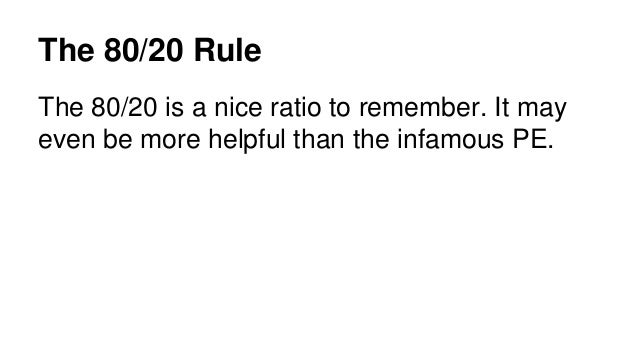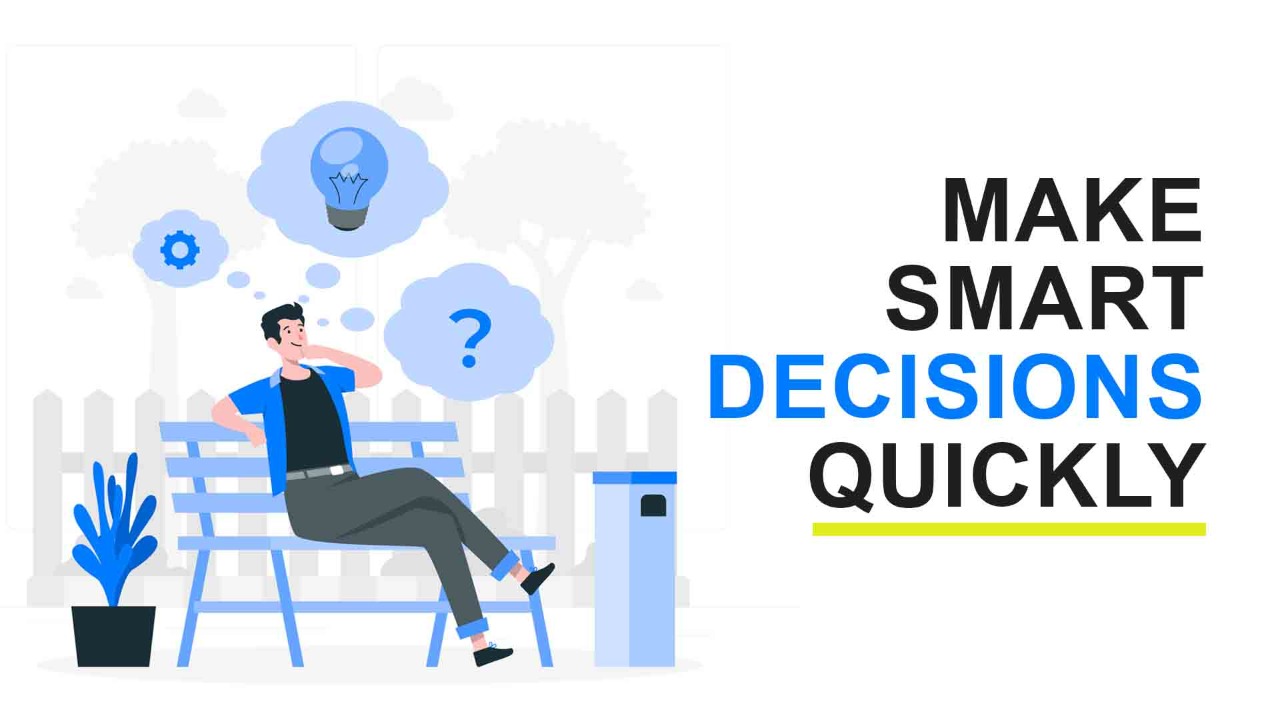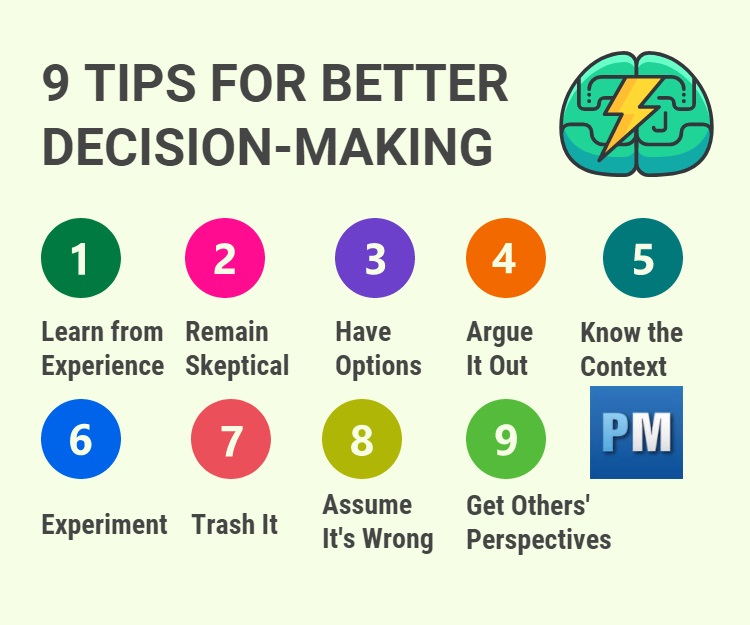Making Decisions Without All The Facts
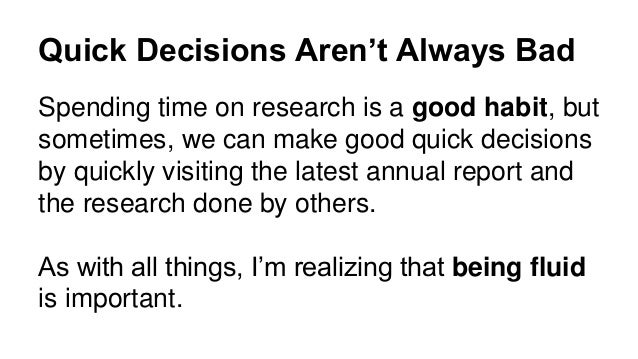
In an increasingly complex and fast-paced world, individuals and organizations are often forced to make critical decisions without the luxury of complete information. This reality, while unavoidable, presents significant challenges and potential pitfalls.
The ability to navigate uncertainty and make informed choices with limited data is becoming a crucial skill in various fields, from business and finance to healthcare and public policy.
The Prevalence of Incomplete Information
The phenomenon of decision-making under incomplete information is hardly new, but its relevance has intensified in recent years. The sheer volume of data available can be overwhelming, yet sifting through it to find relevant and reliable information is time-consuming and often impossible.
Moreover, situations requiring immediate action, such as emergency response or rapidly evolving market conditions, frequently demand decisions before all the facts are available.
“We rarely have perfect information,” states Dr. Anya Sharma, a professor of cognitive psychology at the University of California, Berkeley. “The key is to understand the types of biases that can creep in when we operate with limited data and develop strategies to mitigate them.”
Strategies for Navigating Uncertainty
Experts suggest several strategies to improve decision-making in the face of incomplete information. One crucial element is to prioritize available data and focus on the most relevant factors.
This involves identifying key indicators and establishing clear goals to guide the decision-making process. Experts recommend developing scenario planning.
Scenario planning involves anticipating potential outcomes and preparing contingency plans to address different possibilities. Additionally, seeking diverse perspectives from individuals with varying expertise and backgrounds can help to fill in informational gaps and reduce the risk of bias.
The Human Element: Bias and Intuition
Human biases, such as confirmation bias (seeking information that confirms pre-existing beliefs) and availability heuristic (relying on readily available information, even if it's not the most relevant), can significantly distort decision-making when information is scarce.
While intuition can play a role, it's crucial to balance gut feelings with objective analysis.
Over-reliance on intuition without proper validation can lead to poor choices, especially in high-stakes situations. Dr. Sharma emphasizes the importance of recognizing and mitigating these biases through structured decision-making processes and critical self-reflection.
Case Studies and Examples
The impact of decision-making under incomplete information can be seen in various real-world scenarios. In the 2008 financial crisis, for example, many institutions made risky investments based on limited and often inaccurate information about the housing market.
Similarly, in healthcare, doctors often face the challenge of diagnosing and treating patients with incomplete medical histories or limited diagnostic data.
During a recent pandemic, public health officials had to make critical decisions about lockdowns and social distancing measures with rapidly evolving and often incomplete data about the virus's transmission and severity.
Ethical Considerations
Making decisions without all the facts also raises ethical considerations. When the consequences of a decision are significant, it is crucial to be transparent about the limitations of available information and the potential risks involved.
This involves acknowledging the uncertainty inherent in the decision-making process and being accountable for the outcomes.
"Transparency and honesty are paramount when making decisions with incomplete information," says ethics consultant, David Lee. "Stakeholders have a right to know the basis for the decision and the potential consequences."
The Future of Decision-Making
As data analytics and artificial intelligence continue to evolve, there is hope that these technologies can help to improve decision-making in the face of incomplete information. AI algorithms can analyze vast amounts of data and identify patterns that might be missed by human analysts.
However, it's important to remember that these technologies are only tools and should not be relied upon blindly.
Human judgment and critical thinking will always be essential components of effective decision-making.
Conclusion
Making decisions without all the facts is a reality that individuals and organizations must navigate effectively. By understanding the challenges involved, adopting appropriate strategies, and acknowledging the ethical considerations, it is possible to make informed choices that minimize risk and maximize the potential for success. The ability to navigate uncertainty is not just a valuable skill but an essential competency in the modern world.

